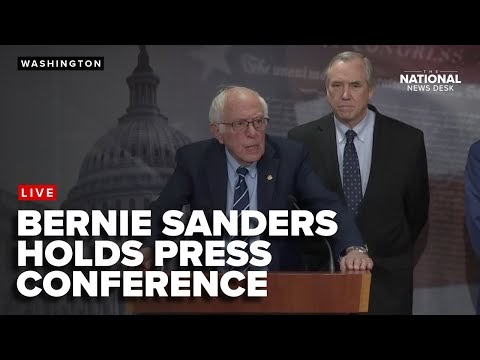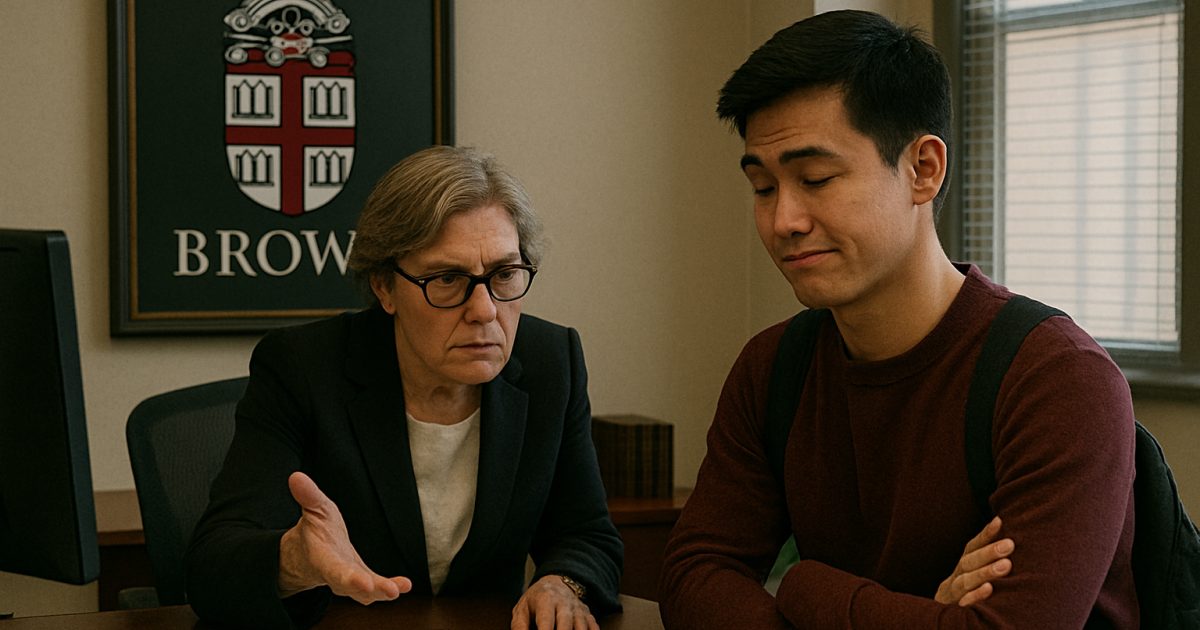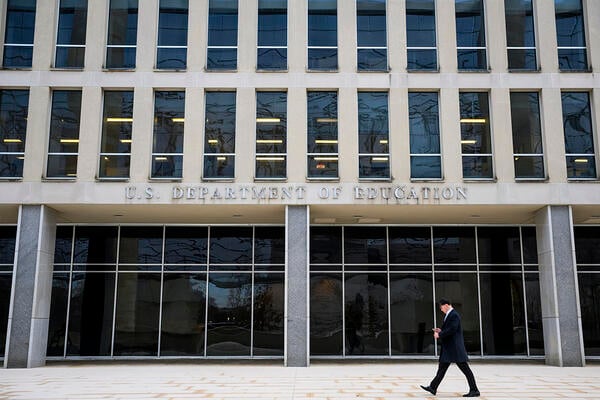After news surfaced that the Trump administration plans to pull $510 million in federal funding from Brown University over its DEI programs, student journalist Alex Shieh had the chutzpah to identify administrators who appear to work in DEI through student newspaper The Brown Spectator. The university — which had already been investigating Shieh for the crime of publishing an interactive organizational chart — took aim at him again.
Brown threatened Shieh with sanctions over his journalism, claiming the report on federal funding was “false” because the government had not yet told Brown of its plans.
This, just weeks after Brown President Christina Paxson promised “Brown will always defend academic freedom and freedom of expression.”
Making matters worse, this wasn’t the first time Brown came after Shieh for his journalism. On March 15, Shieh sent each of Brown’s 3,805 administrators a personalized DOGE-style email asking them what they’d done in the past week. He also asked them to explain how Brown students, who pay nearly $100,000 to attend, would be impacted if their role was cut. Ever since, Brown has had Shieh in its crosshairs.
Tell Brown to Stop Railroading Alex Shieh
Page (Two-Column)
Every student deserves due process, and no student should face discipline for investigating institutional structures.
Read More
First, Brown launched a preliminary review into Shieh’s reporting, threatening him with a litany of charges, including one for “emotional harm” to the administrators on his email — an exceedingly broad and vague charge that runs roughshod over First Amendment principles. Brown also demanded he return “confidential information” he allegedly accessed without permission, while refusing to tell him what in his reporting was confidential.
On April 7, just one day after he published the list of possible DEI administrators, Brown officially charged him with “misrepresentation” and “violation of operational rules.” How did he misrepresent himself? By identifying himself as a reporter in the email. Brown’s logic was that because it did not recognize The Spectator as an official student organization, anyone holding themselves out to be a journalist at The Spectator is a liar.
The second charge was no better. The university argued Shieh had violated rules by accessing a university system and obtaining a report showing reporting relationships, both of which he was allowed to do. That report, Brown claims, included “non-public” information that no student is permitted to publish. How this should be a mystery is itself a mystery, as Google reveals org charts that are publicly available.
FIRE wrote Brown a letter demanding it drop the misrepresentation charge and produce real evidence that Shieh accessed “non-public” information. We argued that the university’s refusal to abide by its own due process guarantees makes clear that what it really wants is to silence journalism it doesn’t like.
In a testament to how little Brown values its own promises, the university replied that this targeted investigation into a student journalist was not a free speech issue. But despite this less-than-credible response, Brown actually did drop the misrepresentation charge. Good news, right? Not so fast.
Rather than produce the requested evidence that Shieh had accessed private information, the university added a new charge, alleging Shieh violated its trademark policy by including the word “Brown” in the name The Brown Spectator, which he and others were helping to restart in April 2025 after it ceased publishing in 2014.
Brown needs to cut its losses, drop the charges, and stop this chilling investigation into protected student expression.
On May 2, FIRE wrote Brown a second letter, telling the school to knock it off.
We explained that this new charge misrepresents trademark law and violates Brown’s free speech promises by attempting to use fair trade practices as a tool to censor non-commercial journalism about news and events taking place at Brown University. It is settled law that trademarks don’t trump the First Amendment or provide infinite control over a word (in this case, literally the word for a color), indeed, mark owners cannot stop the non-commercial use of their mark in a noncompeting industry. And nobody would mistake Shieh or The Brown Spectator for the official voice of Brown University.
Brown’s vendetta against Shieh has officially passed the point of Ivy League parody. Brown needs to cut its losses, drop the charges, and stop this chilling investigation into protected student expression. The university’s own promises demand it.
Join us in calling for Brown to uphold the free press on campus.



